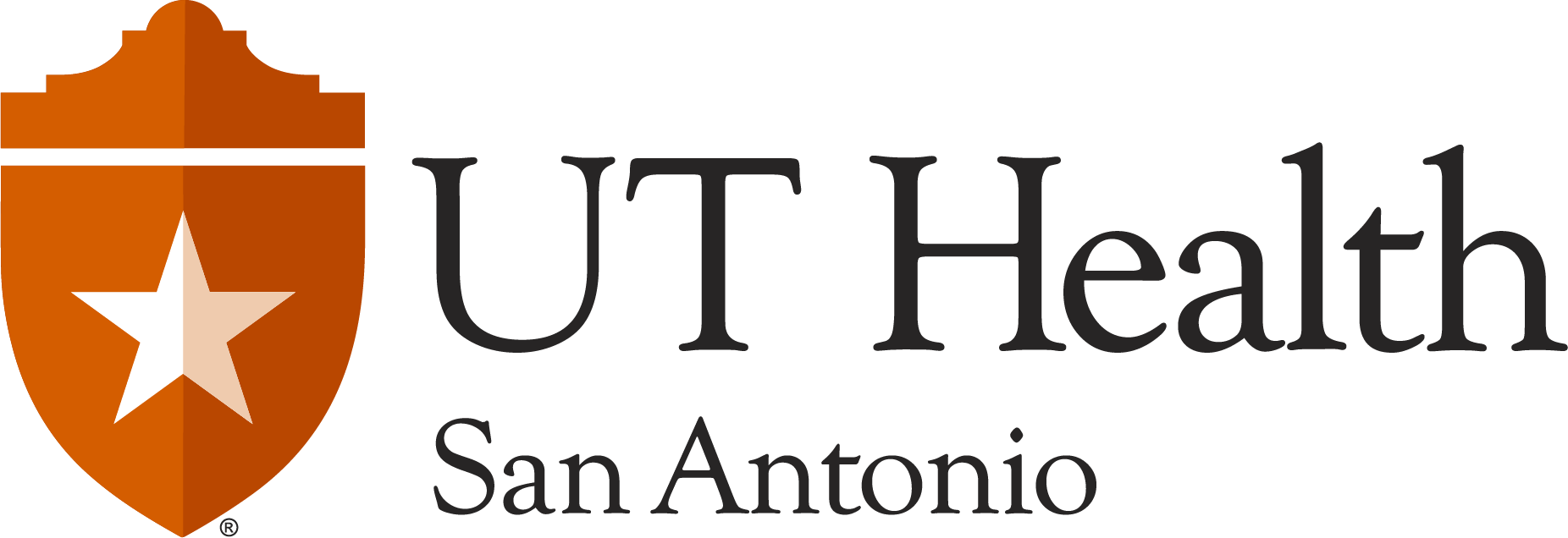TST Across Disciplines
TST Program Description
The goal of the historical Translational Science Training (TST) Program at the University of Texas Health Science Center at San Antonio (UTHSCSA) was to enhance the quality and scope of the doctoral research experience by offering additional interdisciplinary research training and mentorship in Translational Science.
The process of moving knowledge from basic discovery, to clinical testing and application, to community interventions is known as Translational Science.
Improving the health of the public demands active bi-directional communication between the populations served and the investigators focused on basic and clinical research questions. This process required that scientists:
- be familiar with the important healthcare problems in their communities, and
- effectively move knowledge gained from basic investigations into areas of clinical relevance.
TST History:
Awardees, that were selected as Translational Science Training Scholars, worked with their Supervising Professor and the TST directors to develop individualized programs that facilitated their capacity to move their science into human or community studies. These individualized programs included core coursework in translational science and a clinical practicum in the Scholar’s field of interest. In this way, Translational Science Training Scholars gained a firsthand appreciation of the relationship of basic science research within the translational science continuum. Additionally, they gained important skills required to work with interdisciplinary teams in the conduct of translational investigations.
The original TST Program was made possible through a grant from the University of Texas System Graduate Programs Initiative. Each year, up to six Translational Science Training Scholars were selected on a competitive basis. Awards included up to $26,000 annually in stipend, plus research and travel support. The original TST programmatic elements and activities were continued with support by a grant. Details are provided in the TST TL1 program.

